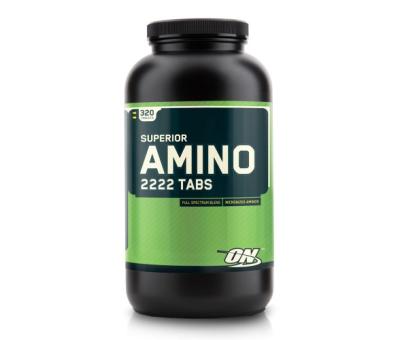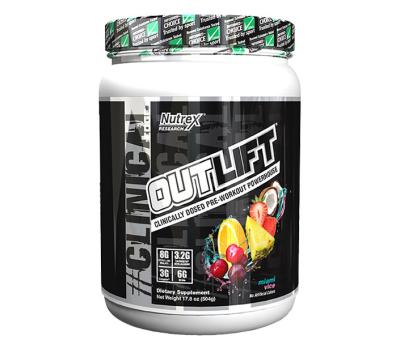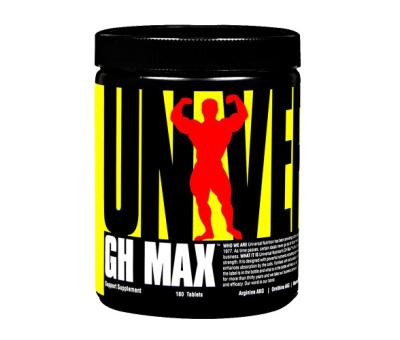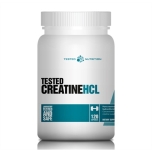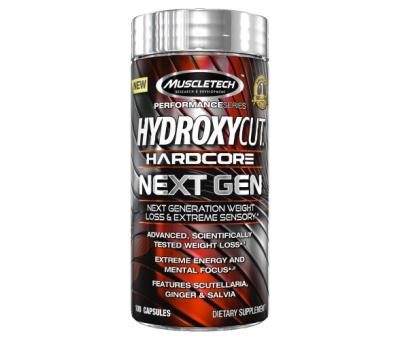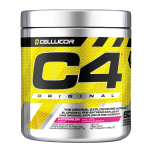APOLLO´S HEGEMONY Curcumin 95 + Piperine 120 caps.
FREE transport, sample +100€
FREE transport, sample, shaker +150€
Standardized extract - 95% curcuminoids
High bioavailability thanks to the piperine content
Proven antioxidant and anti-inflammatory properties
Prevention of cancer tumors and diseases of the nervous system
Supports mental functions and shows neuroprotective properties
Cardiovascular system protection
Positive effect on bile duct functions
Apollo Hegemony Curcumin 95 + Bioperine is a natural dietary supplement containing highly bioavailable turmeric extract, standardized for 95% curcuminoid content, and piperine (95% black pepper extract), which increases its bioavailability. The product has a wide range of health-promoting properties, mainly based on its antioxidant, anti-inflammatory and anti-cancer effects.
Curcumin is a yellowish dye extracted from the rhizomes of turmeric (Curcuma longa), also known as Indian saffron. Turmeric has been used throughout the ages in traditional Far Eastern medicine not only for its coloring properties but also for its wide range of therapeutic effects, mainly due to its anti-cancer, anti-inflammatory, antibacterial and antioxidant properties.
Anticancer Properties of Curcumin
Curcumin has anticancer and chemoprotective properties. The substance affects the modulation of gene expression, the disruption of which can affect the development of cancer.
Fluoresces in UV light. Such a property allows the localization of curcumin in the cell. In cancer cells, the fluorescence of curcumin was higher than in normal cells, indicating its anticancer properties. Interestingly, despite the fact that curcumin increases the sensitivity of cancer cells to ionizing radiation, it has a protective effect on healthy cells. This is attributed to its antioxidant properties; as it destroys free radicals, it reduces DNA damage in healthy cells at risk from radiation.
It is known that long-term inflammation can contribute to cancer, and curcumin also affects the activity of the enzymes responsible for its development - cyclooxygenase 1, which is responsible for the correct synthesis of prostaglandins and cyclooxygenase 2, which are activated by mitogens, oncogenes and promoters of carcinogenesis.
Curcumin has been shown to affect certain lines of cancer cells, resulting in leukemia, ovarian cancer, lung cancer, breast cancer, and cancers of the genitourinary and nervous system.
Antioxidant effect of curcumin
Curcumin effectively neutralizes O2 and H2O2 and protects against oxidative damage to lipids and proteins. The substance stimulates the release of antioxidant enzymes: SOD (superoxide dismutase), GPx (glutathione peroxidase), glutathione S-transferase and catalase. Due to its antioxidant properties, curcumin neutralizes the results of low prostagcyclin PGI2 levels, a factor that relaxes blood vessels, lowers blood pressure, and inhibits platelet aggregation.
The effect of curcumin on an effective cardiovascular system
There are more and more scientific studies that indicate the positive effect of curcumin on the cardiovascular system. Curcumin has been observed to neutralize homocysteine-induced endothelial dysfunction and reduce the production of the superoxide anion radical, the synthesis of which is stimulated by this amino acid, thereby reducing the risk of cardiovascular disease. In addition, it is an inhibitor of the nuclear transcription factor NF-κB, whose increased activity induces inflammation and can lead to atherosclerosis.
Curcumin is also proposed to have a positive effect on cardiotoxicity of anticancer therapy. Because of its strong anti-inflammatory and antibacterial properties, curcumin may hold promise for protection against chemotherapy-induced heart damage.
Curcumin as a neuroprotective agent
Curcumin supports the production of shampoos that resist protein misfolding and protein aggregation, supports Alzheimer's and Parkinson's disease, and protects against age-related memory loss.
Curcumin reduces cognitive impairment, oxidative stress, and beta-amyloid deposition in Alzheimer's disease patients.
It has been proven that the substance can be reduced by reducing damage to the nervous system resulting from the effect of metal ions that participate in oxidation-reduction reactions and affect the growth of reactive oxygen species.
Curcumin and the digestive system
Curcumin positively affects the functions of the bile duct. Due to its spasmolytic properties, it stimulates the smooth muscles of the bile ducts, increases the secretion of bile and facilitates its flow. In addition, it helps to maintain the correct contractility of the gallbladder, so it not only prevents the formation of cholestasis and gallstones, but also contributes to their dissolution. In addition, it has anti-inflammatory and bactericidal properties.
Ingredients:
Package size: 120 capsules
Serving size: 1 capsule
Servings per container: 120
per 1 capsule% DV
Turmeric root extract (Curcuma longa) [standardized min. 95% curcuminoids (285 mg) 300 mg *
Piperine (black pepper extract 95%) 2.5 mg *
Other ingredients
Microcrystalline cellulose, rice flour, capsule shell.
Usage:
As a dietary supplement, take 1 capsule 1-2 times a day, preferably with food.
iFit Recommendations
Curcumin's bioavailability is unfortunately quite low due to its hydrophobic nature. Its rapid degradation in the liver and low absorption from the intestines cause its low plasma concentration.
To improve the solubility of curcumin, manufacturers use piperine, which increases its bioavailability up to 20 times. The absorption of curcumin is also positively influenced by fats in the diet (curcumin dissolves in fat). This means that it is worth enriching your meal, e.g. when using a coconut oil, avocado or olive oil supplement.
Another important component is quercetin. The substance belongs to plant flavonoids and inhibits the activity of the enzyme responsible for curcumin inactivation. Natural sources of quercetin include red wine grapes, capers, cabbage and beans.
